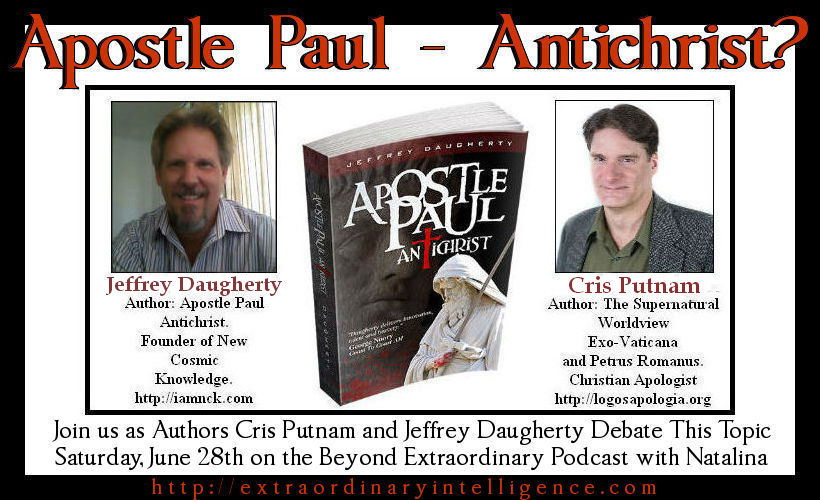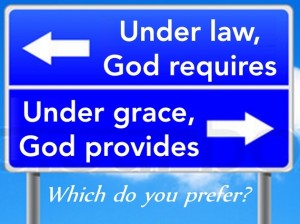 According to his website The Bare Fisted Cleric, “Fr. Ashcraft is a sedevacantist Byzantine Catholic priest and an independent author addressing topics in the realm of the Paranormal, Historical and Religious Mysteries, Cults, The Occult, Exorcism, Demonology, and Eschatology. He has been called ‘the Malachi Martin of the 21st century.'” That is a pretty tall claim. Malachi Martin held three PhDs (in Semitic languages, archeology, and Oriental history), was an officially ordained exorcist and an adviser the three popes. Is Father Ashcraft really qualified as an expert in such matters? It seems dubious at best.
According to his website The Bare Fisted Cleric, “Fr. Ashcraft is a sedevacantist Byzantine Catholic priest and an independent author addressing topics in the realm of the Paranormal, Historical and Religious Mysteries, Cults, The Occult, Exorcism, Demonology, and Eschatology. He has been called ‘the Malachi Martin of the 21st century.'” That is a pretty tall claim. Malachi Martin held three PhDs (in Semitic languages, archeology, and Oriental history), was an officially ordained exorcist and an adviser the three popes. Is Father Ashcraft really qualified as an expert in such matters? It seems dubious at best.
On his LinkedIn page, Ashcraft claims an earned Doctorate of Divinity from St. Sergius seminary where he allegedly attended from 1999 until 2009. Interestingly, an internet search lists only one legitimate Christian theological institution going by that name: Institut de théologie orthodoxe Saint-Serge (St. Sergius Orthodox Theological Institute) in Paris, France. Impressive credentials indeed… Giving Ashcraft the benefit of a doubt, I wrote them and they responded:
Dear Mr. Putnam,Here at St. Sergius Theological Institut we have never heard of Father —- Ashcraft.
Sincerely,
Secrétariat de l’Institut de Théologie Orthodoxe Saint-Serge
(email to author dated June 25, 2014)
So now we have a mystery that no one but Ashcraft can solve. Yet, he refuses to identify the school. In the interest of fairness, I emailed to ask but he refused to give me a straight answer.
Your opinion of my credentials or lack thereof means absolutely nothing to either myself or the other clergy with whom I am associated. You see, we don’t seek your approval. We’re trying to serve Christ, not man. For someone who eschews sacerdotal titles, seeing them as some attempt to elevate oneself above others, you certainly cling to a form of that very sin yourself in your appeal to your educational titles and/or achievements. (personal email 6/28/204)
But Ashcraft’s claimed Doctorate is the same sin he is accusing me of, especially if it is not a legitimate degree. It might even be illegal. According to About.com, “In some states, using a diploma mill degree is actually illegal. In many cases, using such a degree to get a job, promote your business, or enhance your resume is punishable with a fine or even jail time.” Since I am still paying off my student loans, I take exception to phony credentials.
Ashcraft sure seems to be hiding something because he even threatened to file criminal harassment charges when I pressed him to identify the school. If he really held a Doctorate of Divinity it seems like it would be much easier to just to identify the school. I can’t conclude for certain if his credentials are valid, from a diploma mill, or made up out of whole cloth… but if it walks like a duck and talks like a duck then it’s probably a duck.








